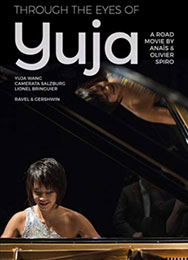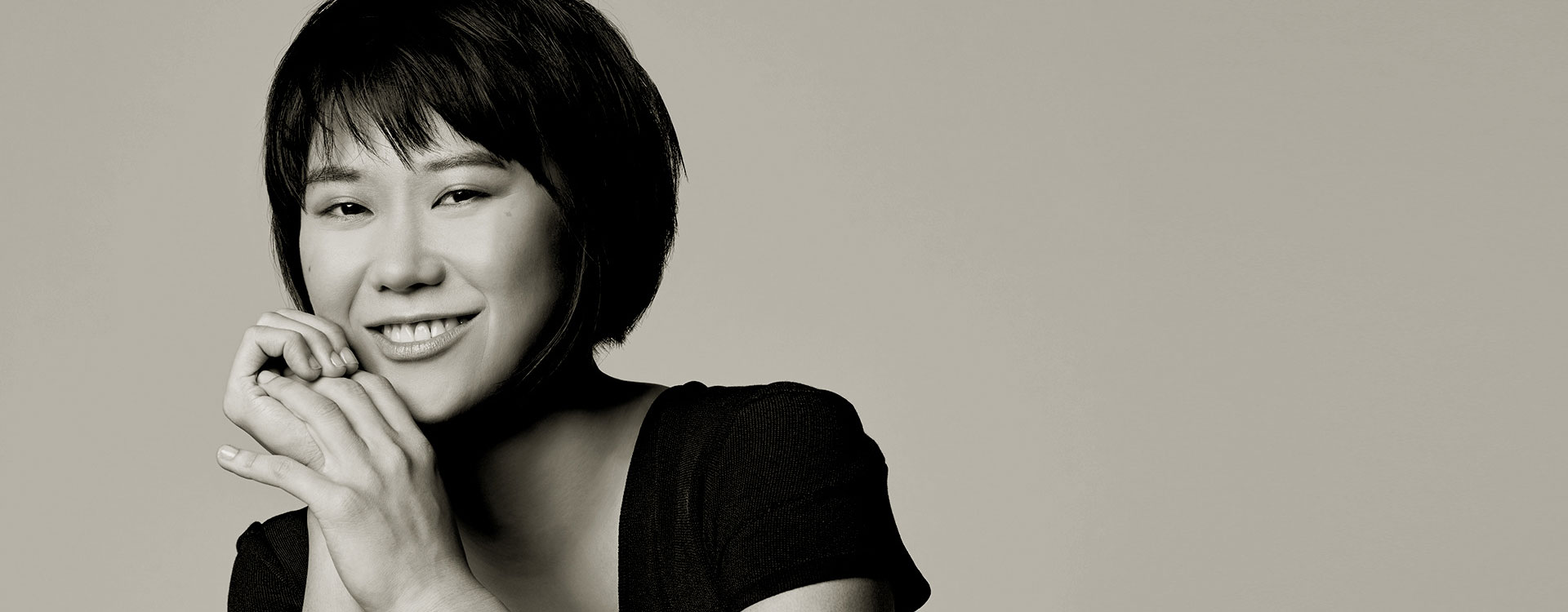
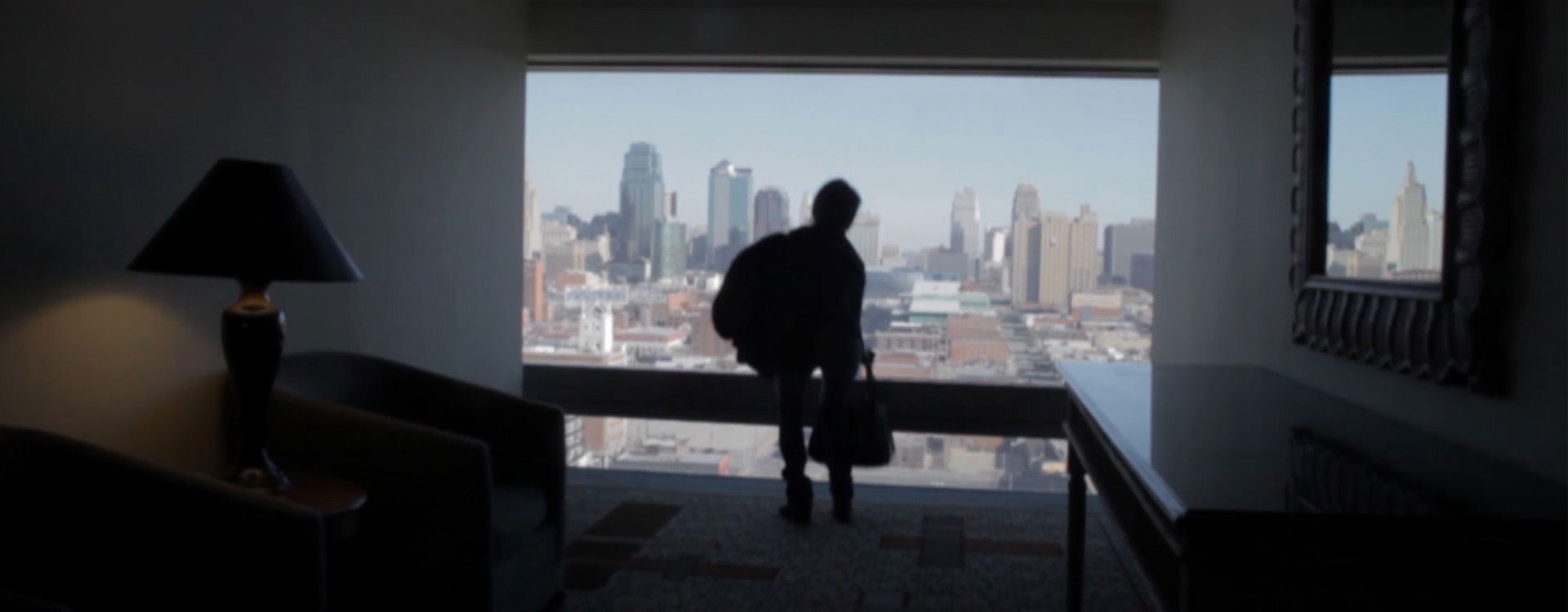
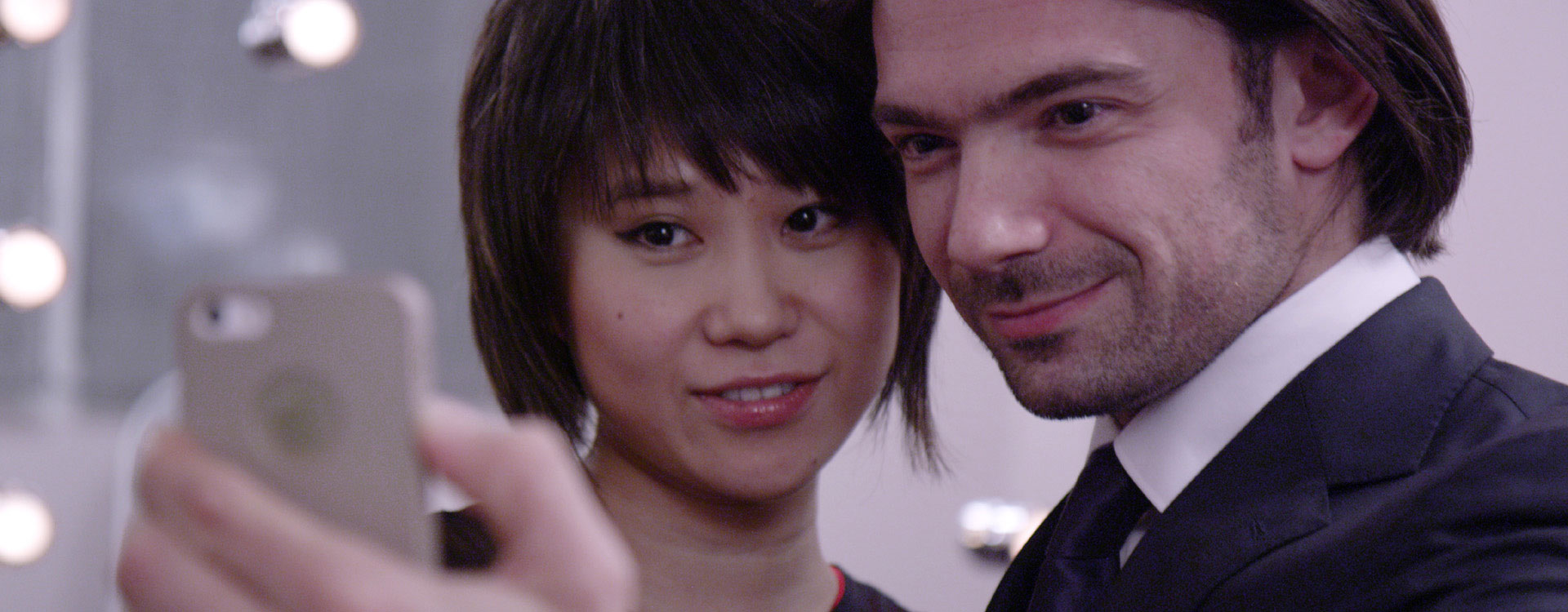
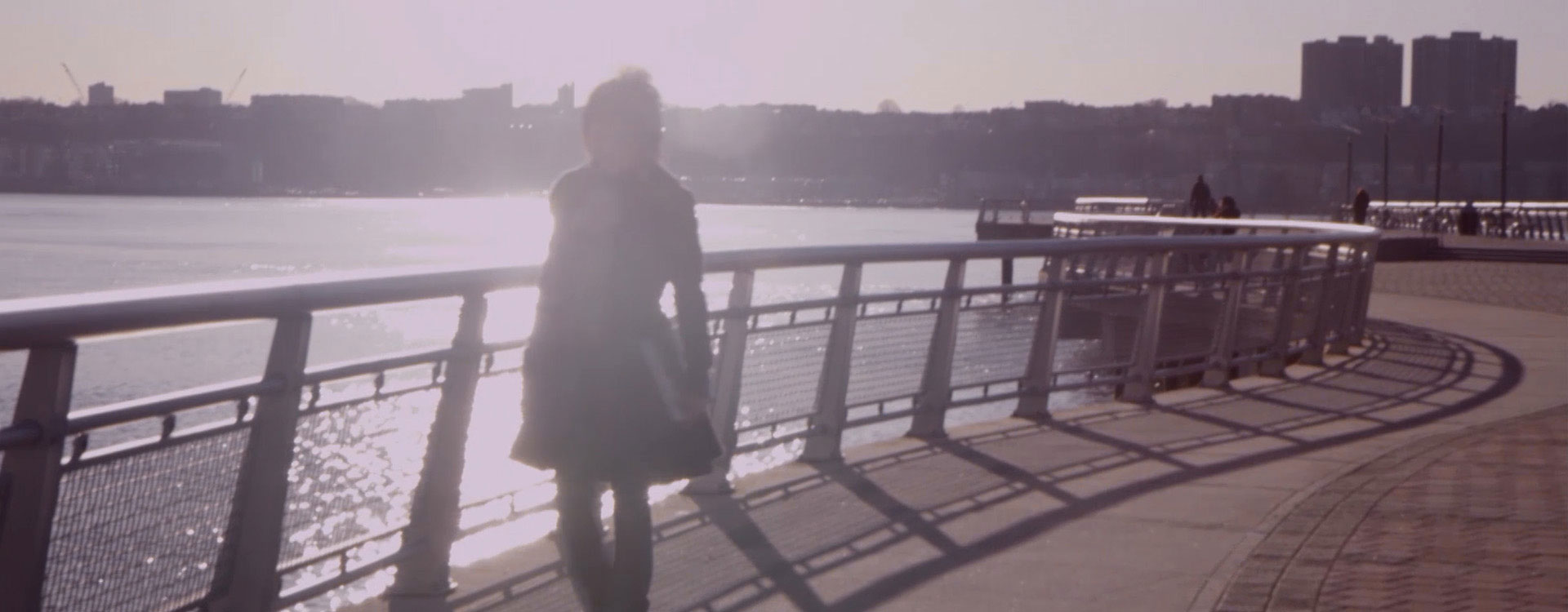
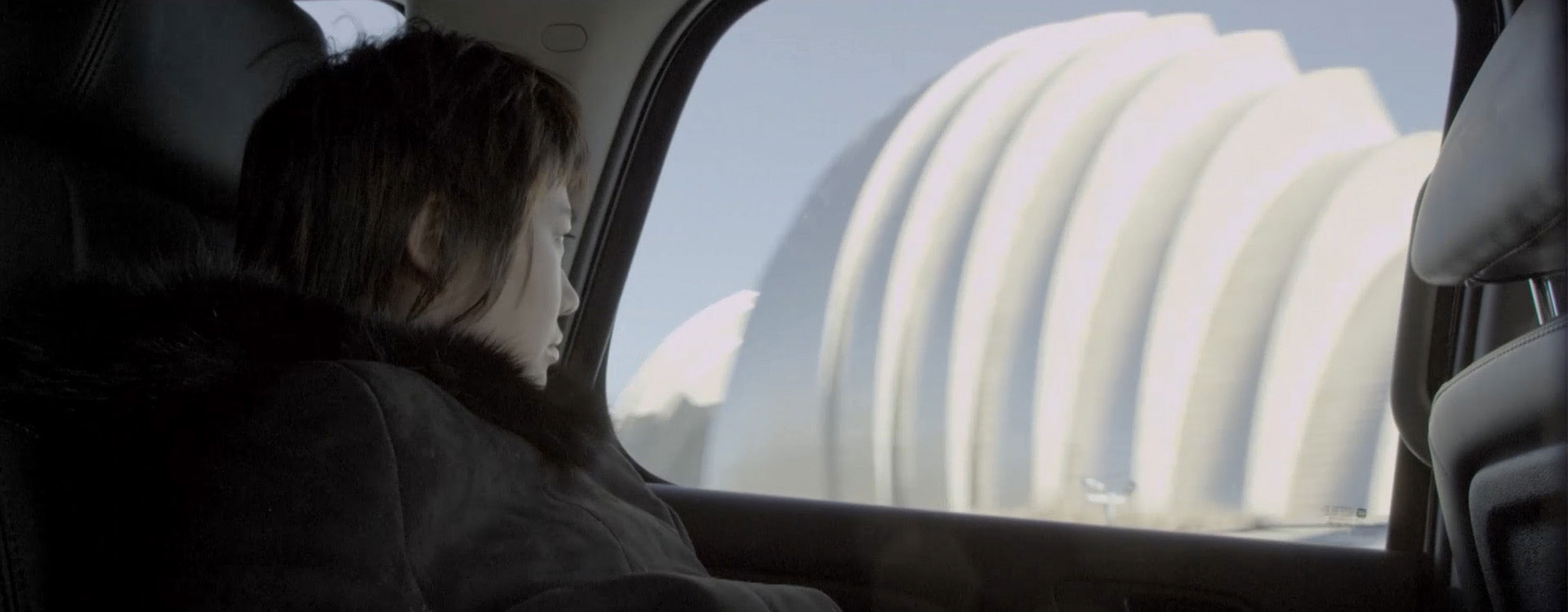
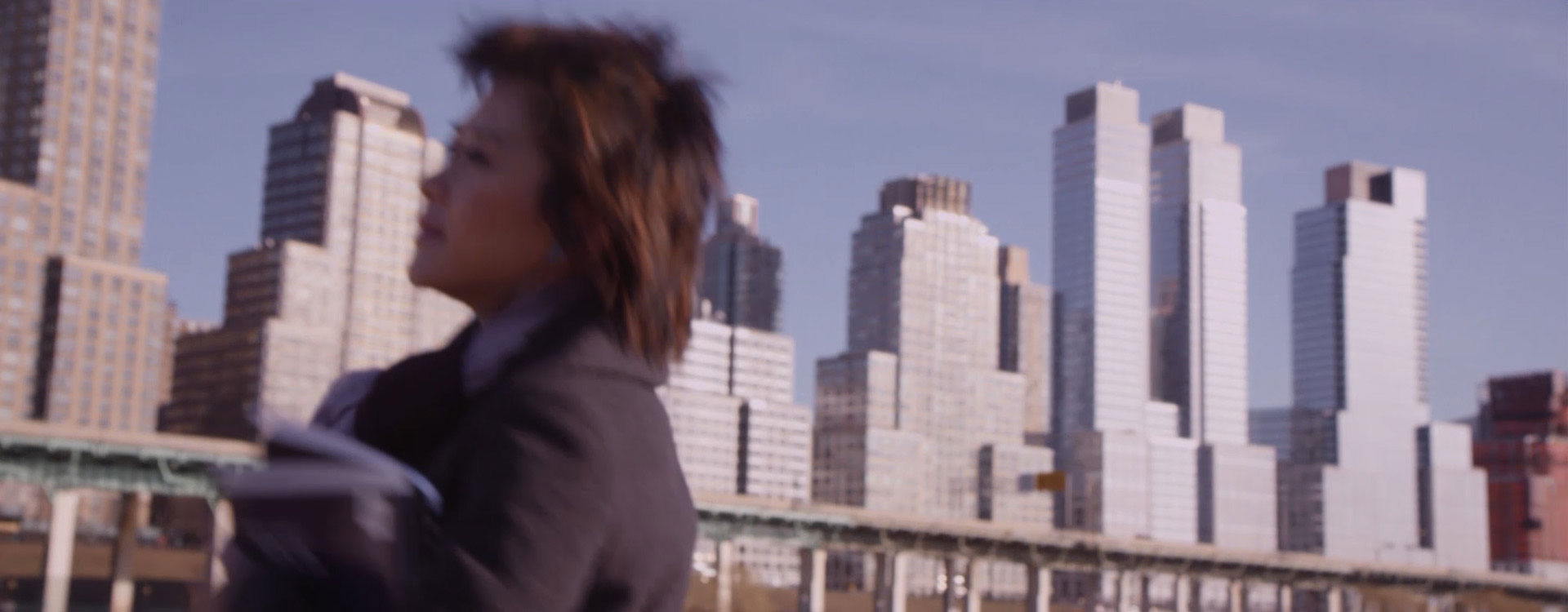
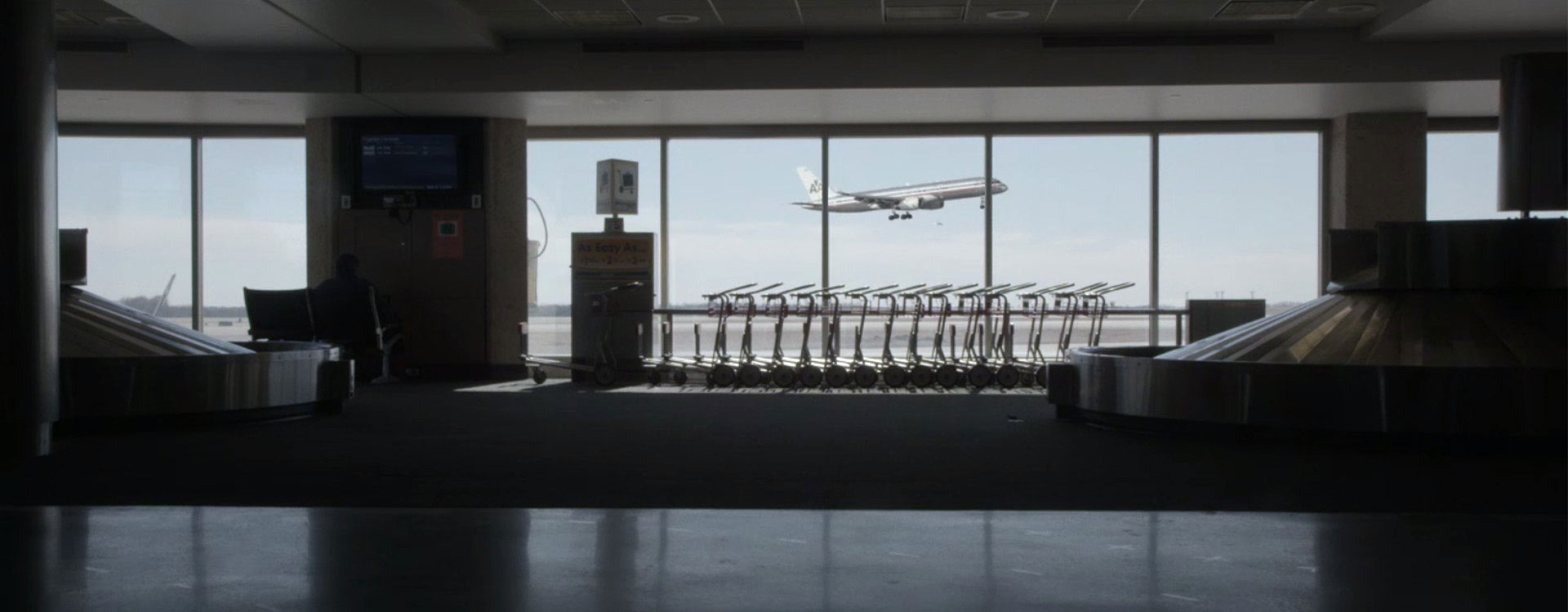
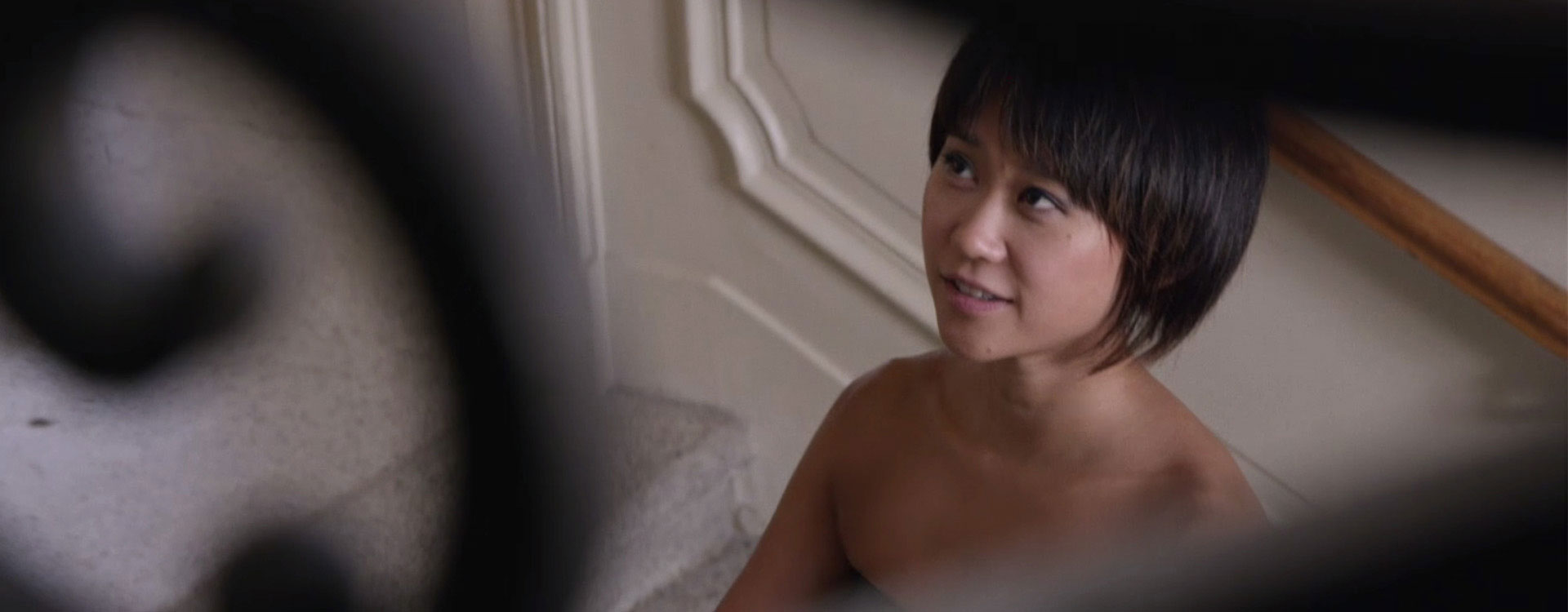
Through the Eyes of Yuja
Directors: Anaïs & Olivier Spiro
Distributor: C Major Entertainment
Length: 48 min.
16:9 shot in HD-Cam
© 2015, a BFMI production in co-production with SRF and Deutsche Grammophon
Distributor: C Major Entertainment
Length: 48 min.
16:9 shot in HD-Cam
© 2015, a BFMI production in co-production with SRF and Deutsche Grammophon
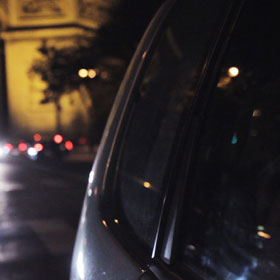
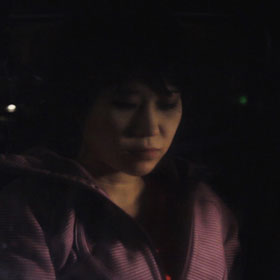
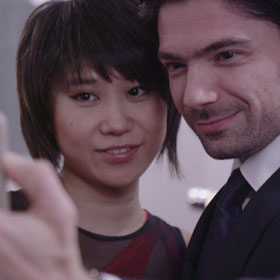
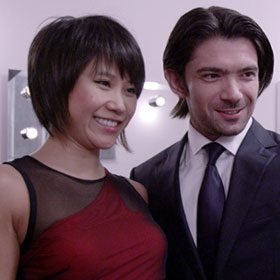
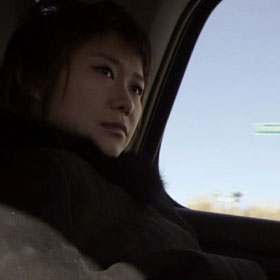
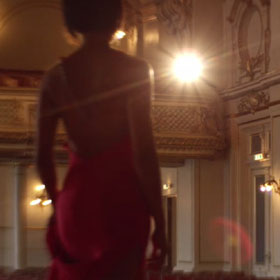
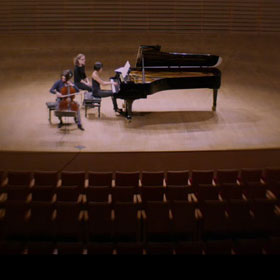
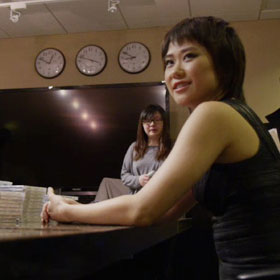
“Pianists have to be alone all the time, and it’s hard, it’s lonely. Being a musician is almost like a very isolated life, and the only time you actually get to communicate is on stage with music. It’s not a bad thing. I think being solitary, it really allows us to think about life and to think about why people write this music. [...] It makes you start to wonder about things that are beneath the surface.”
With more than 120 performances a year, Yuja Wang lives a nomadic lifestyle. Travelling the world professionally, two extra small trolley suitcases carry the essentials for a two week trip: dresses, shoes, iPad, iPod and Smartphone. Yuja is 27 and leads a new generation of pianists who can play anything with comfort thanks to their phenomenal technique and strong self-confidence. For all that she stands squarely in the tradition of great piano virtuosi. With her shaded dynamic readings, she simply has more to offer than solely being a technical workhorse.
This film is a journey with this extraordinary pianist. Besides the packed schedule, unpredictability is her companion. The exploration of Yuja’s wanderings revels in contradictions. It is a travelogue of exciting venues, glitzy cities and encounters with extraordinary artists, such as Gustavo Dudamel, Gauthier Capuçon and Leonidas Kavakos and personalities of other professional horizons but there is also a downside: fatigue, jet lag, pressure, doubts, hostilities, disorientation, and loneliness.
With a bittersweet reference to the transience of life, the film reveals the invisible that complements the visible.
In terms of film grammar the camera accompanies the transformations undergone by Yuja as she confronts new realities: alienation and dislocation each time Yuja arrives in a new city, immersion and intensity, fellow human beings and herself. Interviews are cut to a minimum; Yuja comments scenes and proceedings in the form of self-reflective monologues. In doing so, the viewer is directly addressed by her at the same time. The camera is diving into an emotional state between phantasy and reality. A Sequence might be a montage of a city as Yuja heads to the airport that captures the feeling of leaving a place. There’s a dreamlike ambiance to the film resembling in certain aspects to the movie “Lost in Translation”.
”Through the Eyes of Yuja” reveals us this artist in a very personal way, equipped with a portable camera and her smartphone the film wants to be a kind of digital diary, a reflection of the image Yuja casts to the world as well as a phantasmagorical world the directors tend to loom about this image. Yuya Wang went to Canada at the age of 14 – alone, without her parents. Since those days her home is where there is a piano and an internet connection. Friendships are fragile and Skype can’t compensate entirely. She rarely spends time in her New York apartment. Famous pianists play the world: new orchestras, conductors, concert halls, grand pianos again and again.
She has made this her purpose of life. In fact, she gets her kicks out of giving concerts. It must be this kind of joy that is probably conveyed to the audience. And Yuja’s fans are legion in the concert world as well as in a world gone digital. She feeds Twitter or YouTube with an approach shouting “Go ahead! Stare! And yet, the media star in a screen-crazed world harbours her secrets. Her face expressing tenderness and violence simultaneously whilst playing signify the mystery.
The directors of the film, Anaïs & Olivier Spiro, have developed a very close relationship to Yuja Wang, since they started to work with her in 2010 at Verbier Festival. Since then, they have completed four recordings of Yuja Wang concerts. Both have been directing documentaries, recordings of opera theatre and dance performances, live broadcasts, and film adaptations of operas since 15 years, They also work as cinematographers and editors on most of their films as well as in collaboration with other directors.
Available as DVD and Blu-Ray, including the concert "The Salzburg Festival Debut: Yuja Wang & Lionel Bringuier with the Camerata Salzburg"
